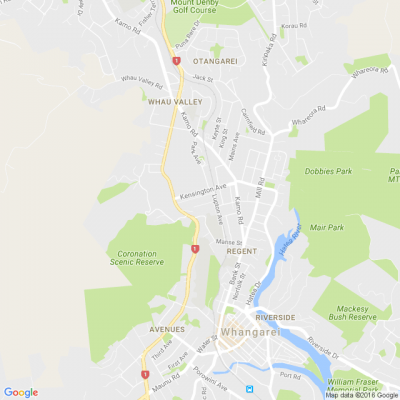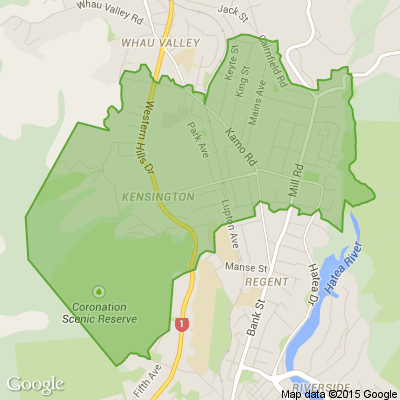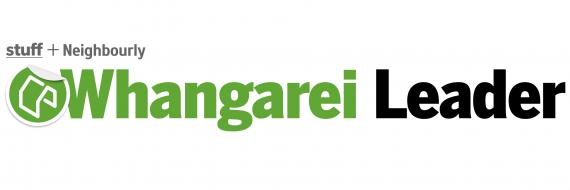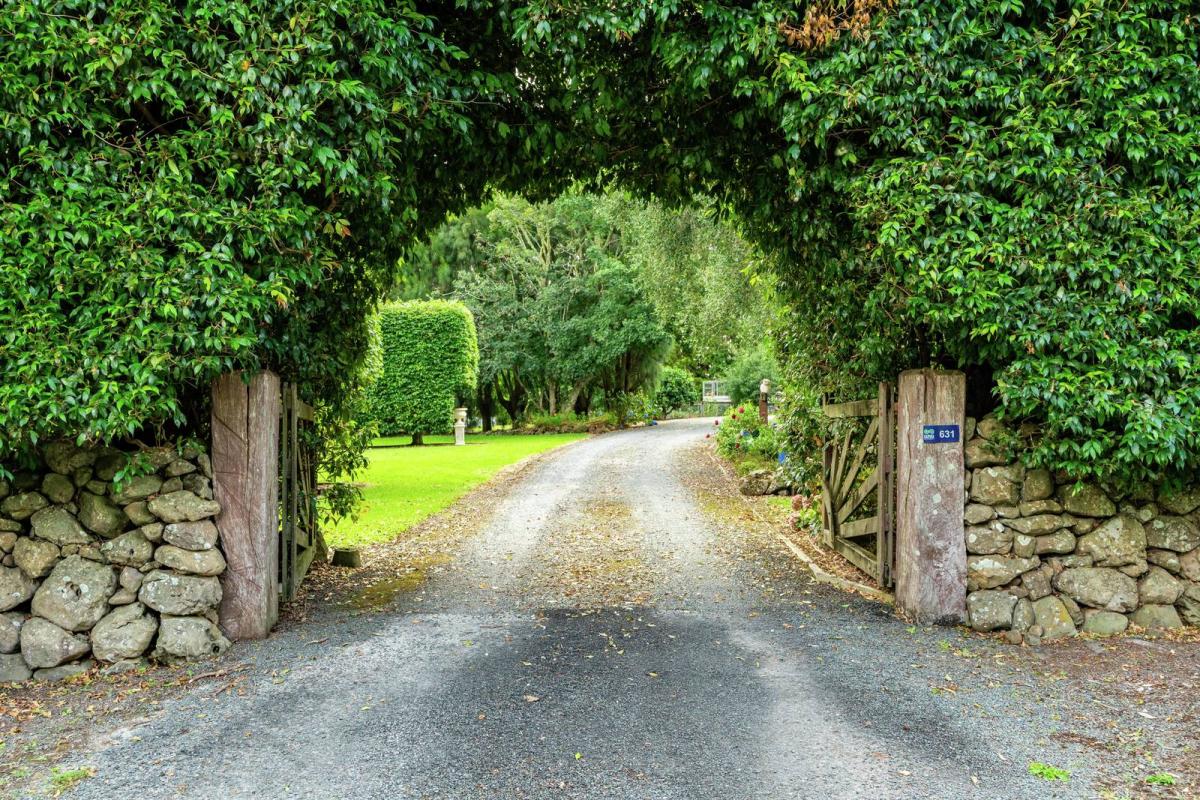Hypnosis Safe Option To Beat Addiction
A Whangarei hypnotherapist wants to see more clients using hypnotherapy to beat drug addiction.
Arpi Procter, a registered social worker who was for eight years an alcohol and drug counsellor with Northland District Health Board, regularly treats people with addictions and says she would like to see more people utilising hypnotherapy as an organic, safe and holistic way to address addiction – especially considering other treatment options can require medication, inpatient admission to a detox unit, and time away from work.
Arpi has been inundated with clients seeking to quit smoking following the January 1 rise in tobacco tax, but would like to see more people breaking addiction to other drugs via hypnotherapy.
“If people come to me, they don’t have to worry about going away to rehab,” Arpi says. “Women don’t have to worry about losing custody of their kids. A person’s work is not impacted. They keep their lives while they are in hypnotherapy treatment rather than going away and being put in a system.”
“Hypnotherapy enables you to remain at home, living your everyday life while you make changes.”
Beating Addiction Without Drugs or Detox
Under Te Ara Oranga, Northland DHB refers most clients experiencing drug addiction to non-residential treatment programmes delivered by providers such as Salvation Army, Rubicon, Odyssey House and iwi health providers. Hypnotherapy is an ideal option for mostly well-functioning people whose problematic behaviour is due more to addiction than to mental unwellness. Medical journals including The Lancet have published studies linking hypnotherapy with success around methadone withdrawal, irritable bowel syndrome treatment and ulceration treatment.
Hypnosis is a blend of physical relaxation and extreme mental alertness. When a person undergoes therapeutic dialogue during hypnotic trance, the therapist is able to address problematic behaviour by talking to a person’s subconscious rather than conscious mind. Arpi likens the subconscious to the ‘base of the iceberg’ rather than the tip and estimates 96 percent of clients she sees do not relapse into addiction after a recommended 4-5 sessions across five weeks.
Arpi said her approach is focused more on where the client wants to take his or her life in the future than on regression. “I get a person to reflect on where they’re going; I eliminate cravings. That’s the big part of it – if you don’t eliminate cravings, people are going to be back into using.”
While methamphetamine is the most difficult drug to break addiction to, Arpi says she has seen many patients in Kawakawa and Kaikohe respond well to hypnotherapy for alcohol and cannabis cessation. “While social work is about social change, hypnotherapy is about individual change.”
“One successful patient I’ve worked with was a 40 year old male out of jail and rehab who was sent to me by probation services. He was difficult to do an assessment with. He demanded to know what I could do with him that no one else had done. I suggested hypnotherapy and he just went for it. Not only did the addiction change but the anger and hostility disappeared.”
“I remember another young man who was in the probation system with addictions to cannabis and alcohol. After hypnotherapy he was very excited about going out to find a job. For the first time, he was motivated about the future.”

Offers, Events & Inspiration
Ready to explore the world with ease?
Wendy Wu Tours specialises in fully guided holidays across Asia and beyond, taking care of flights, accommodation, touring and expert local guides so you can simply relax and enjoy the journey. From Japan’s cherry blossoms and China’s Great Wall to the vibrant cultures of Vietnam and India, every itinerary is designed to immerse you in authentic experiences.
Departing from New Zealand, you’ll travel with like-minded adventurers and enjoy seamless, stress-free travel. If you’ve been dreaming about your next big trip, now’s the perfect time to make it happen.

🧩😏 Riddle me this, Neighbours…
I am an odd number. Take away a letter and I become even. What number am I?
Do you think you know the answer?
Want to stop seeing these in your newsfeed? No worries! Simply head here and click once on the Following button.

Scam Alert: Bank cold calls
ASB is warning customers about reports of cold calls from scammers claiming to be from ASB. These scammers are trying to obtain personal information, including usernames, dates of birth, and verification codes sent to your mobile phone.
🛡️ The "Caller Check" Test
If you get a call from someone claiming to be from ASB and you’re unsure, just ask them for a Caller Check. You will then be able to verify the call through the app.
Remember, banks will:
❌ Never ask for your banking passwords, PINs, or verification codes
❌ Never need to know your full credit card number – especially the CVC
❌ Never ask you to download software or remotely access your device
❌ Never ask you to purchase gift cards or transfer funds.
If you have received a phone call and think your account has been compromised, call ASB on 0800 ASB FRAUD (0800 272 372), or visit your local branch.








 Loading…
Loading…






